SUMMARY
This is AI generated summarization, which may have errors. For context, always refer to the full article.
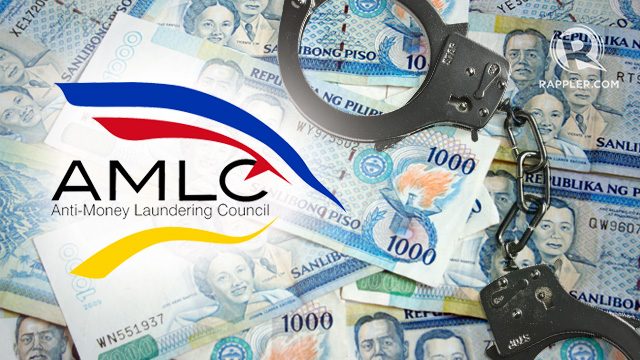
Senator Grace Poe said on Saturday, January 30, that with the signing of the amended Anti-Money Laundering Act (AMLA) is a “fresh signal” to investors to put their trust and money into the country’s financial system.
Poe, chair of the Senate committee on banks, financial institutions and currencies, said the anticipated new level of investor trust will help the country bounce back from a pandemic-induced recession.
President Rodrigo Duterte signed the law on Friday, January 29.
“With a more robust system in place of catching fraudsters, businesses, creditors and the international community can look to the Philippines anew with renewed confidence,” she said.
More investments in the country would mean the enlivening of sectors, more jobs, and more sustainable income for people.
Poe said the “fortified” AMLA would also protect the remittances of overseas Filipino workers (OFWs).
“The new AMLA also sends a clear message to the world that the hard-earned money of our overseas Filipino workers go through the legitimate channels when sent to their families in the country,” said Poe.
Congress had passed the amendments a little over a week before. Duterte’s signing of the law came as a buzzer beater – days before the February 1 amendment deadline imposed by Paris-based watchdog Financial Action Task Force (FATF).
Had the government gone past the deadline, the country could have been put on the FATF’s gray list, translating into higher interest rates and processing fees, as well as more layers of scrutiny from financial institutions.
What’s in the new law?
Republic No. Act 11521 expands who and what activities the Anti-Money Laundering Council (AMLC) scrutinizes.
The AMLC now has the power to issue subpoenas and conduct search and seizures of suspicious accounts.
Philippine offshore gaming operators (POGOs) are also under the watch of the council. POGOs’ transactions in excess of P500,000 will be covered.
Congress also imposed stricter provisions against terror financing, such as AMLC’s power to implement targeted financial sanctions against individuals involved in terror financing. (READ: Money for drugs, human trafficking coursed through PH banks – AMLC)
The FATF gray-listed the Philippines in 2000 for failing to address dirty money issues. It was removed from the list in February 2005. – Rappler.com
Add a comment
How does this make you feel?
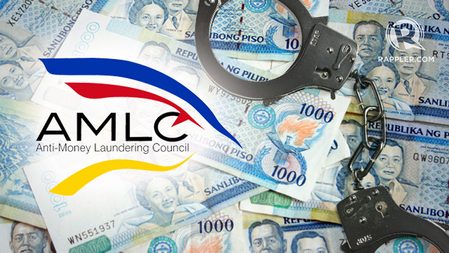
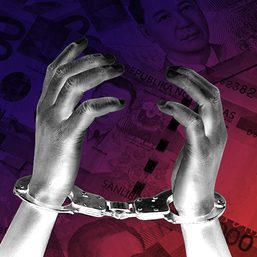
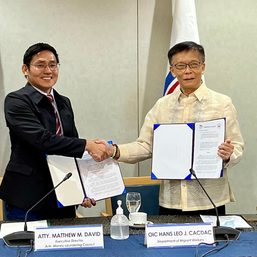
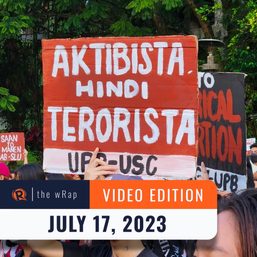
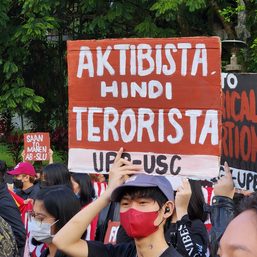
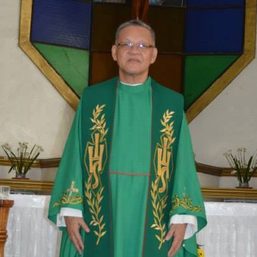
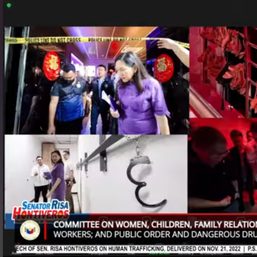
![[Free to disagree] Why investigate Bell-Kenz Pharma Inc?](https://www.rappler.com/tachyon/2024/05/TL-why-investigate-punish-bell-kenz-pharma-inc-May-6-2024.jpg?resize=257%2C257&crop_strategy=attention)

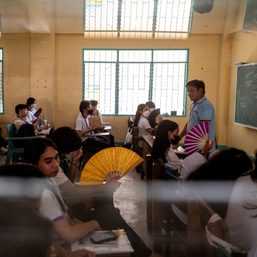
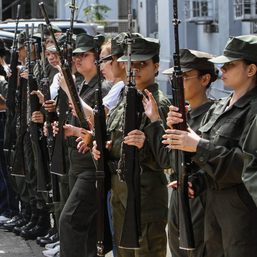
There are no comments yet. Add your comment to start the conversation.